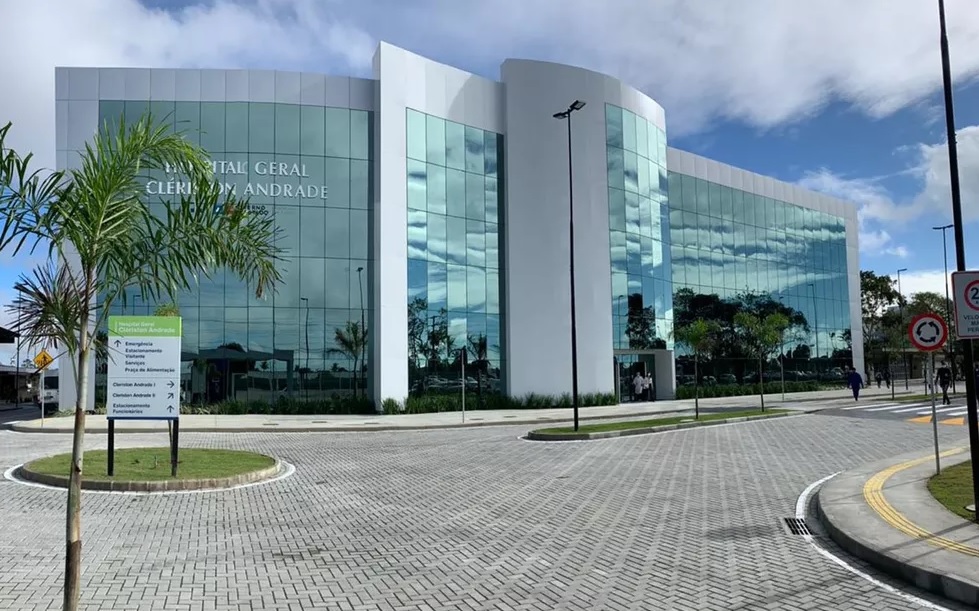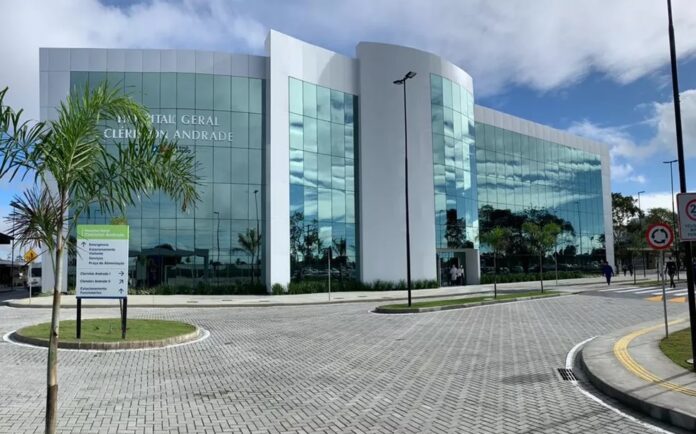Clariston Andrade Hospital records a case of Prionic Disease – Wake City
2 min read

A patient at Geralt Clariston Andrade Hospital (HGCA), in Vera de Santana, was diagnosed with Creutzfeldt-Jakob disease (CJD), commonly known as prion disease, representing a severe and rare clinical condition. The disease, which affects one in a million people, is degenerative and rapidly progressing. The patient, a 59-year-old male with no comorbidities, was admitted to the unit on January 20 with gait inconsistency, behavior changes, memory and visual changes, abnormal movements, and epileptic seizures. In view of the clinical suspicion, several complementary examinations such as magnetic resonance imaging of the skull, electroencephalography, and cerebrospinal fluid study with a search for protein 14.3.3, which confirmed the disease recently, were performed.
CJD is a prion disease that results from an alteration of the prion protein, which leads to the formation of insoluble clumps that affect the brain and lead to neuronal degeneration. According to Dr. Renata Nunes, Coordinator of the Neurology Service at the HGCA, the sporadic form of the disease is the most common and has nothing to do with beef consumption. Other forms include hereditary, iatrogenic (transmitted by some neurosurgical procedures with contaminated materials) and the bovine variant, which is “mad cow disease.” Regardless of the cause, the clinical development is very similar, with a rapid progression of pathology, the doctor explained. and the lack of treatment options.
She added that, unfortunately, Creutzfeldt-Jakob disease is a disease that has no cure, and that treatment is mainly to alleviate symptoms. Contrary to what many people think, CJD is not a contagious disease that can be transmitted through contact with an infected person. “The patient’s EEG has already shown the typical change pattern of the disease, but only this week was the result of a CSF study received, which confirmed the diagnosis of CJD. Unfortunately, as mentioned earlier, the disease has no cure and the progression is very rapid, he concluded. It makes the prognosis quite unfavorable.”
The hospital’s medical staff work together to ensure the best possible care for the patient, providing palliative care and emotional support to the patient and their family members. “While CJD is a rare disease, it is important to note that it is a very serious condition and unfortunately there is not much that can be done to treat it. Awareness of the disease is important so that people can better understand its clinical picture and associated symptoms,” the doctor said. The patient is monitored in the hospital. At Clariston Andrade Hospital, a multidisciplinary team works to ensure the best possible care.
The information is Sesab

“Entrepreneur. Music enthusiast. Lifelong communicator. General coffee aficionado. Internet scholar.”


:strip_icc()/s04.video.glbimg.com/x720/11792055.jpg)

:strip_icc()/s03.video.glbimg.com/x720/11786998.jpg)



